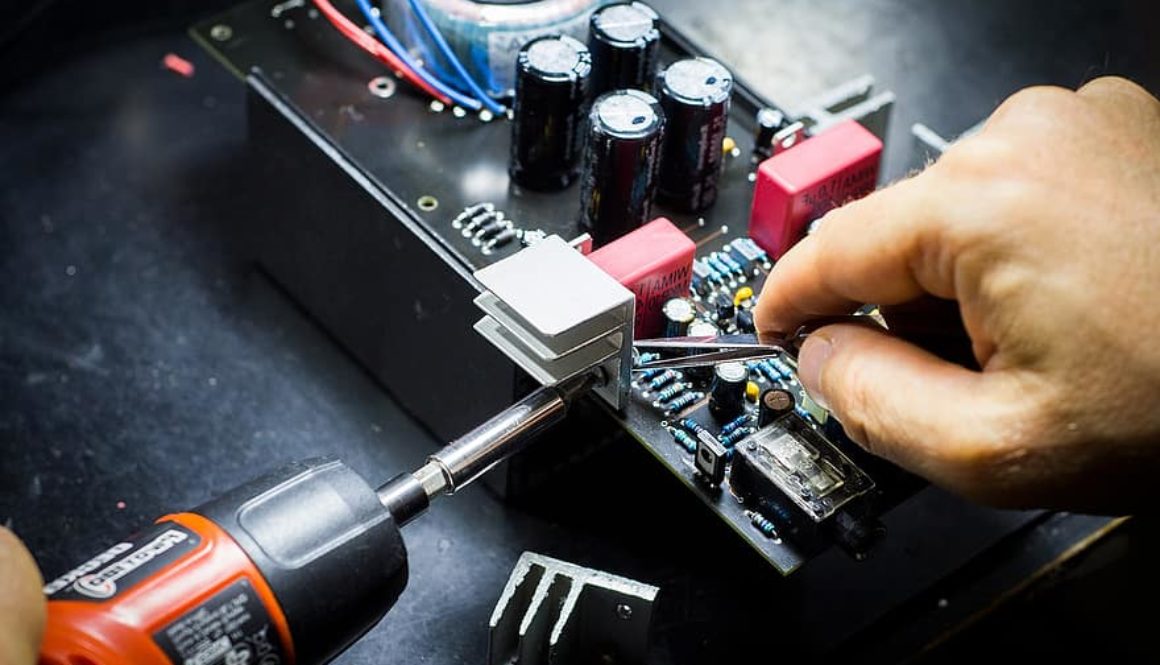The electronics industry in Baja California is the largest in Latin America
The electronics industry in Baja California has 184 manufacturing plants and hundreds of suppliers that have generated more than 120,000 direct jobs, of which about 64% are concentrated in the city of Tijuana.
Saul de los Santos, head of the Sectoral Articulation Commission of the National Chamber of the Electronics Industry, Telecommunications and Information Technologies (Canieti) Northwest, recently asserted that the electronics industry in Baja California has the largest concentration of companies and jobs in the electronics sector not only in Mexico but in all of Latin America.
Because of its preponderant position within Latin America, the Baja California electronics industry has developed to the point of being able to compete successfully on the global playing field, said de los Santos, who authored the report Electronics Industry Opportunity Study in Baja California.
He explained that his research work revealed that there is currently a base of approximately 120,000 people that work in this sector, making the electronics industry in Baja California a national and regional economic powerhouse.
This proliferation of electronics companies in Baja California means that there are firms that are currently manufacturing televisions and other products that are more specialized and technologically advanced value-added items. It also means that the sector can accommodate new, technology-based and small local companies that have been formed by local engineering graduates and regional research centers
According to de los Santos, the immediate challenge for the electronics sector in Baja California is to develop more advanced technical capabilities. This is because, although the industry is firmly established in the state, it needs to be modernized to meet current market demands. Modernization of the electronics sector involves training the engineers that are already in the industry, as well as developing new generations of trained technical talent.
He went on to note that, in addition to manufacturers from the United States, Japanese and Korean companies have developed noteworthy technological capabilities in the region. The entry of more firms into the electronics industry in Baja California has precipitated increased efforts to get educational institutions to establish more academic programs that are effective in producing the human resources that are needed to fuel the sector’s growth going forward.
De los Santos points out that the electronics sector in Baja California is comprised of 184 manufacturing plants and hundreds of supplier companies that, in the aggregate, generate more than 120,000 direct labor jobs in Tijuana and other communities in the state. It is noteworthy to point out that about 64% of the positions in the electronics industry are concentrated in Tijuana.
Furthermore, Saul de los Santos also indicated that the electronics industry in Baja California is the source of products such as televisions, electro-medical devices, sensors, and vital sign meters used in health applications, as well as sensors and parts that are incorporated into aircraft as well as automobiles.
Additionally, the president of Canieti Northwest, José Elizondo Siller, recently stated that the diversity of modern capabilities that are found in the electronics industry in Baja California will enable the region to create opportunities to attract more employment while generating more foreign direct investment. In addition to this, educational institutions in the region will continue to produce a more technologically competent supply of human resources that are needed to continue to grow the sector and to boost innovation within companies in the state.
Finally, Elizondo Siller went on to stress that greater linkages between educational institutions and the electronics industry in Baja California need to be created and maintained so that young people continue to pursue careers that are well-remunerated and technologically demanding.




